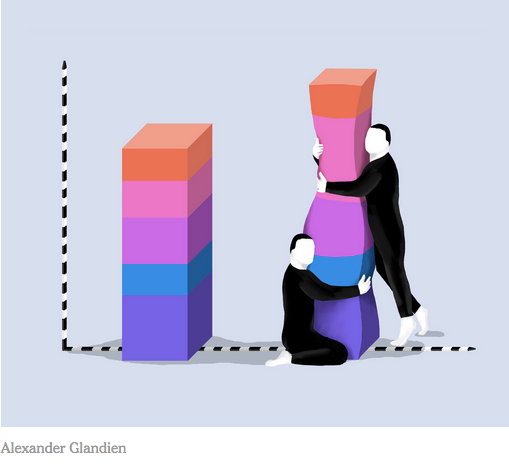A troubling feature of political disagreement in the United States today is that many issues on which liberals and conservatives hold divergent views are questions not of value but of fact. Is human activity responsible for global warming? Do guns make society safer? Is immigration harmful to the economy? Though undoubtedly complicated, these questions turn on empirical evidence. As new information emerges, we ought to move, however fitfully, toward consensus.
But we don’t. Unfortunately, people do not always revise their beliefs in light of new information. On the contrary, they often stubbornly maintain their views. Certain disagreements stay entrenched and polarized.
. . .
We also explored which supporters showed the greatest bias in favor of the desirable evidence. The results were bipartisan: Supporters of Mr. Trump and supporters of Mrs. Clinton showed a similar-size bias in favor of the desirable evidence.
Our study suggests that political belief polarization may emerge because of peoples’ conflicting desires, not their conflicting beliefs per se. This is rather troubling, as it implies that even if we were to escape from our political echo chambers, it wouldn’t help much. Short of changing what people want to believe, we must find other ways to unify our perceptions of reality.




